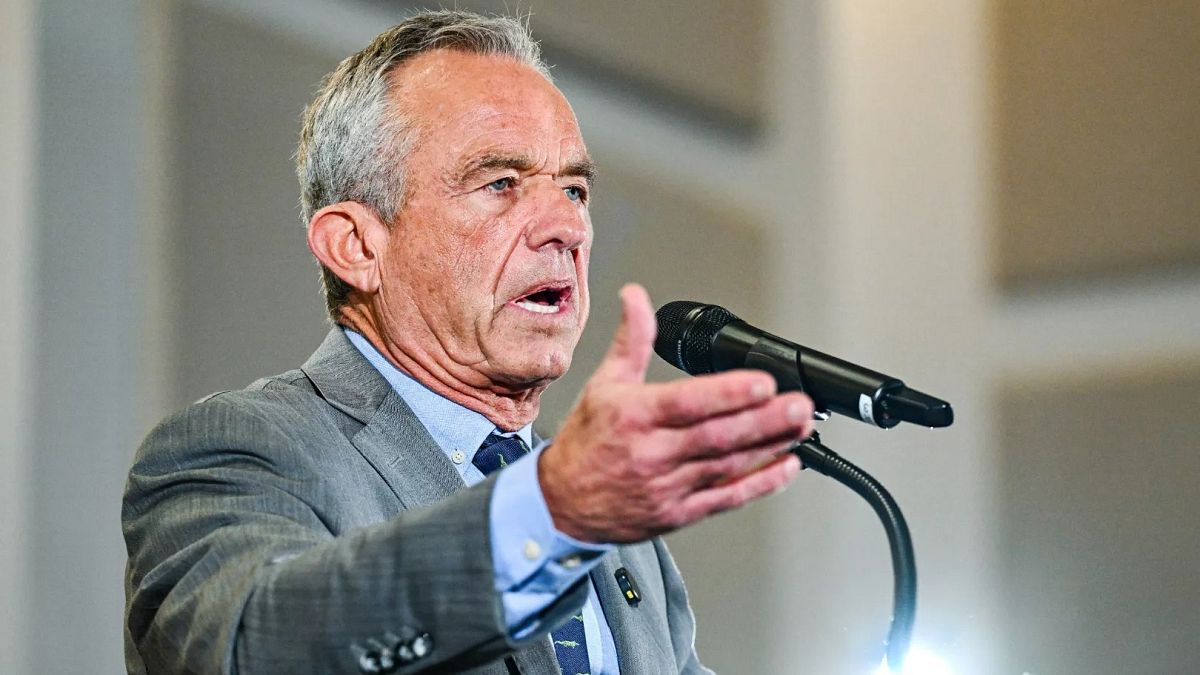

In a rapidly evolving world, developments in medical science continue to unfold, offering new hope and stirring discussions about their implications. Recent headlines showcase significant progress and collaborative efforts in various fields of healthcare, underscoring the power of innovation and shared human experience.
One of the most intriguing advancements is the push for psychedelic therapy, as articulated by Robert F. Kennedy Jr., the U.S. Health Secretary in the Trump administration. With a call to fast-track the approval of psychedelic therapies within the year, this initiative seeks to tap into the potential benefits for mental health treatments. Proponents of psychedelic therapy argue that it offers promising solutions for conditions such as PTSD and depression, highlighting a need for thorough study and careful integration into therapeutic practices. The challenge lies in navigating regulatory landscapes while ensuring scientific rigor, a venture that invites both enthusiasm and caution among experts and policymakers alike.
In another stride for medical transparency and public health, a significant Danish study has reaffirmed the safety and efficacy of childhood vaccinations. This comprehensive research once again dispels the myth linking vaccines to autism, a notion that has persisted despite mounting evidence to the contrary. The findings offer reassurance and clarity, emphasizing that routine immunizations remain a cornerstone in preventing various infectious diseases, ultimately protecting children’s health and well-being. As communities move forward with this knowledge, the emphasis remains on public education and dispelling misinformation, nurturing trust within society.
Across the globe, in Australia, efforts to address antisemitism have sparked discussions on how best to implement protective measures without compromising individual freedoms. Jillian Segal’s proposed plan has drawn the attention of the Australian Race Discrimination Commissioner, Giridharan Sivaraman, who advocates for a balanced approach to preserving fundamental rights while tackling hate crimes. As dialogues continue, the focus remains on fostering an inclusive society where respect and understanding thrive, illustrating the delicate balance between safeguarding freedoms and eradicating discrimination.
Meanwhile, the field of reproductive medicine has witnessed a groundbreaking milestone with the birth of eight healthy babies, thanks to an innovative IVF procedure utilizing DNA from three individuals. This pioneering technique involves transferring genetic material from parents to a donor egg, thereby reducing the risk of hereditary mitochondrial diseases. This remarkable achievement not only offers hope to families with specific genetic risks but also signals a transformative era in genetic interventions, opening doors to new possibilities in eradicating congenital conditions.
The heartwarming story of Liz Curtis, who lost her daughter Lily to mitochondrial disease, adds a deeply personal dimension to this scientific endeavor. Driven by her experience, Curtis established a foundation to fund gene testing, fostering awareness and contributing to advancements in the field. Her unwavering commitment exemplifies the impact of personal stories in advancing medical research and supporting families facing similar challenges.
As we traverse these uncharted territories in health and wellness, the journey remains one of collaboration, compassion, and continuous learning. These developments collectively highlight a trajectory towards inclusivity, innovation, and improved quality of life, encouraging a future where medical advancements meet the diverse needs of communities worldwide. In a complex world, these stories remind us of the shared human pursuit of healing and understanding, underscoring the pivotal role of empathy and knowledge in driving progress.
Source: {link}
